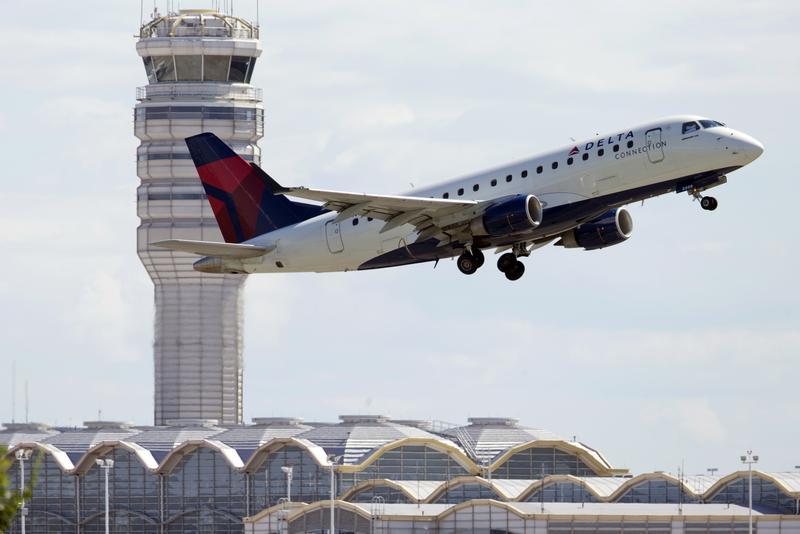This post may contain affiliate links. We may earn money or products from the highlighted keywords or companies or banners mentioned in this post.
There were no super-long tarmac delays for airlines in December, making 2014 the best year on record for the fewest such incidents.
The government is taking credit.
The U.S. Department of Transportation said Tuesday that with December's perfect record, there were only 30 domestic flights stuck on the ground longer than three hours in all of 2014.
As recently as 2009, there were 868 of those bladder-busting delays. The next year, the department imposed regulations that included potential big fines for long delays with no chance for passengers to leave the plane.
In 2011, the rules were expanded to cover international flights with tarmac delays of more than four hours. There were nine such delays in 2014, the fewest recorded of those delays.
“These tarmac delay rules are meant to protect passengers, and it appears that the airlines have gotten the message,” Transportation Secretary Anthony Foxx said in a statement.
The airlines say they deserve the credit. They have elaborate plans for handling delays, and they are quick to cancel flights well ahead of time if they expect bad weather.
Melanie Hinton, a spokeswoman for Airlines for America, which represents the biggest U.S. carriers, said the airlines are committed to getting customers to their destinations safely and on time, “and these numbers reflect that.”
In April 2010, over opposition from the airline industry, the Transportation Department enacted penalties of up to $27,500 per passenger if airlines kept a domestic flight on the ground for more than three hours without giving passengers a chance to exit. For international flights, the cutoff was set at four hours.
Last month, the department levied what it termed a record, $1.6 million penalty against Southwest Airlines for violating the rules during a January, 2014, storm in Chicago. Southwest was fined $600,000, credited for $700,000 spent to compensate passengers and buy new equipment, and will have $300,000 waived if it goes a year without breaking the rules again.
Also according to Tuesday's government report, cancelations fell and on-time ratings improved in December compared with the previous year, when an early winter storm snarled traffic in the southern Plains states.
Overall, 75.3 percent of flights within the U.S. arrived on time in December, down from 80.6 percent in November but up from 68.9 percent in December 2013. A flight is considered on time if it arrives within 14 minutes of schedule.
Delta Air Lines topped the ratings, with an 88.9 percent on-time rating. Envoy Air, which operates many American Eagle flights for American Airlines, had the worst rating at 63.1 percent.
Canceled flights fell to 1.4 percent from 2.9 percent in December 2013.
Frontier Airlines had the highest rate of complaints during 2014, followed by United Airlines. Alaska Airlines had the lowest rate, followed by Southwest Airlines. Spirit Airlines, which ranked last in a research group's study last year, was not covered by Tuesday's report because it operates less than 1 percent of the nation's daily flights.
![]()











